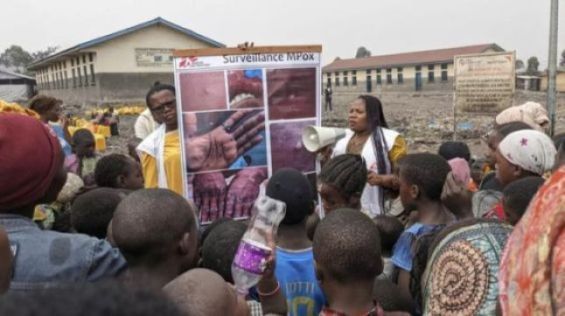On Wednesday, the World Health Organization (WHO) activated its highest international alert level in response to the resurgence of mpox cases in Africa. «Today, the emergency committee met and advised me that, in its view, the situation constitutes a public health emergency of international concern. I have accepted that advice», said WHO Director-General Tedros Adhanom Ghebreyesus at a press conference.
«WHO is committed in the days and weeks ahead to coordinate the global response, working closely with each of the affected countries, and leveraging our on-the-ground presence, to prevent transmission, treat those infected, and save lives», he added.
The WHO had taken the same decision in July 2022 when an epidemic of mpox spread around the world, before lifting it in May 2023. The 15 members of the emergency committee all agreed that the criteria had been met to declare an international public health emergency in light of rising cases in Africa, said Dimie Ogoina, chairman of the ad hoc group of experts.
Many members of the emergency committee believe that what is happening in Africa is just the tip of the iceberg, that the challenge is greater, and that due to weaknesses in the health system, we don't have the full picture of the burden that mpox represents, he said, calling for increased surveillance and highlighting the lack of vaccines.
The African Union's health agency had already declared a «public health emergency», its highest alert level, in response to the continent's growing mpox epidemic, issuing a «clear call to action» to halt its spread.
A total of 38,465 cases and 1,456 deaths from the disease, formerly known as monkeypox, have been reported in 16 African countries since January 2022, including a 160% increase in cases in 2024 compared to the previous year, according to data released last week by the CDC-Africa health agency.





 chargement...
chargement...













